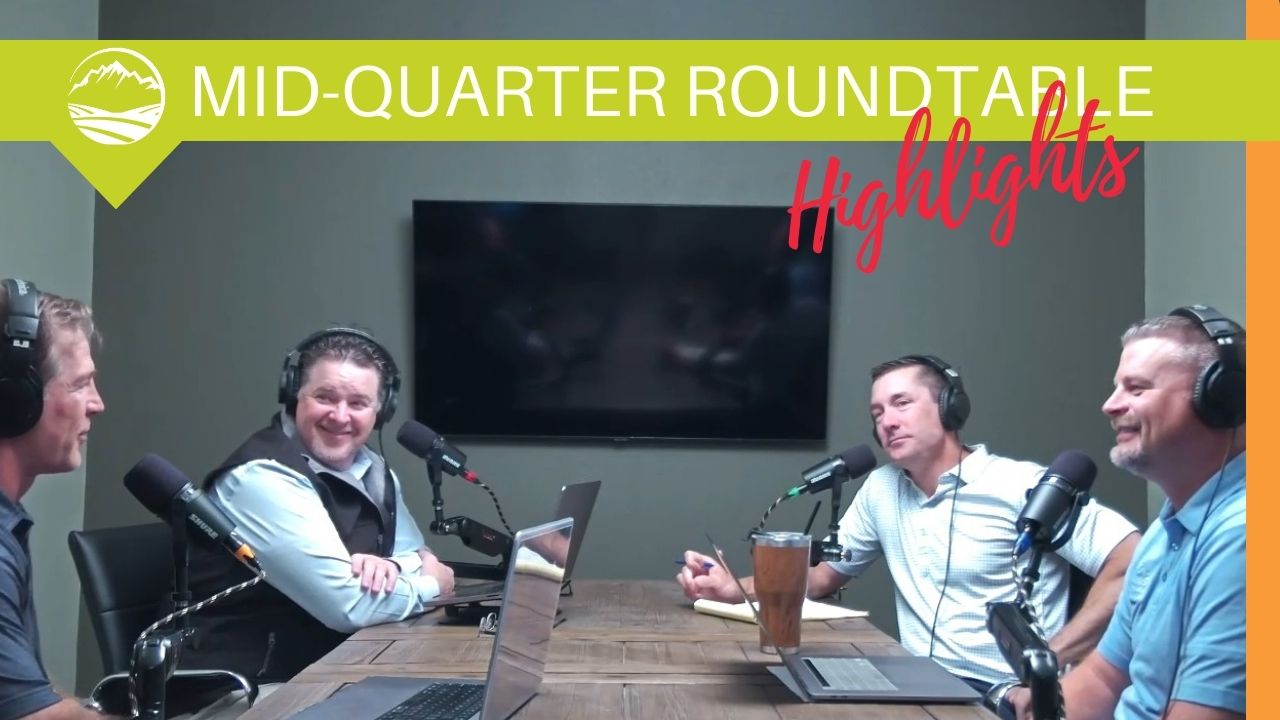You are now leaving the Strong Valley Wealth & Pension, LLC ("Strong Valley") website. By clicking on the "Schwab Alliance Access" link below you will be entering the Charles Schwab & Co., Inc. (“Schwab”) Website. Schwab is a registered broker-dealer, and is not affiliated with Strong Valley or any advisor(s) whose name(s) appears on this Website. Strong Valley is/are independently owned and operated. Schwab neither endorses nor recommends Strong Valley. Regardless of any referral or recommendation, Schwab does not endorse or recommend the investment strategy of any advisor. Schwab has agreements with Strong Valley under which Schwab provides Strong Valley with services related to your account. Schwab does not review the Strong Valley website(s), and makes no representation regarding the content of the Website(s). The information contained in the Strong Valley website should not be considered to be either a recommendation by Schwab or a solicitation of any offer to purchase or sell any securities.

Today, unlike previous generations, there is an extensive array of financial information that steadily flows from the news media and the Internet. Almost instantaneously, you can review your own finances, ascertain your progress, and make necessary adjustments. However, do all these signs of progress really make managing your finances any easier?

Today, unlike previous generations, there is an extensive array of financial information that steadily flows from the news media and the Internet. Almost instantaneously, you can review your own finances, ascertain your progress, and make necessary adjustments. However, do all these signs of progress really make managing your finances any easier? The fact remains that regular reviews of your entire financial affairs will help put you on a long-term track for success.
Now that it’s a new year, why not add “regular financial reviews” to your existing list of New Year’s resolutions? Here’s a brief description of what a typical review might entail:
Does your income equal or exceed the amount you put into savings and expenses? If it exceeds, by how much? The amount in your income that exceeds what you saved or spent is called positive cash flow. If your expenses exceed your income, you have negative cash flow. If your cash flow is negative, it may be time to reorganize and minimize any unnecessary expenses in your budget.
For every financial goal you establish, you need to address the projected cost, the amount of time until your goal is to be realized (time horizon), and your funding method (a scheduled savings plan, liquidating assets, or taking a loan).
Plan your goals on three tiers. On the first tier, you have an emergency fund of at least three months’ of income. On the second tier, you may establish a savings plan for your children’s education or future expenses. Finally, on the third tier are more flexible goals such as: automobiles, home renovations, and vacations.
Are you going to have enough money when you retire? Pensions and Social Security may provide insufficient income to maintain your existing lifestyle during your retirement years. Consequently, project your future needs and plan a disciplined savings program for your retirement.
Many taxpayers reduce their taxes by taking advantage of tax deductions. While many people are familiar with deductions (e.g., mortgage interest, contributions to retirement plans, and donations to charities), there may also be other ways to reduce your income tax bite. For example, under appropriate circumstances, losses or expenses from previous years may be carried over to the next tax year. A qualified tax professional can help you implement a tax strategy that is consistent with your needs.
Suppose the inflation rate is currently 3%. In order to maintain your buying power—just to break even—you need a 3% annual wage increase. A decline in your buying power will certainly lower your standard of living and affect your lifestyle. In the end, you’ll have less money if inflation starts to beat you. So, as you can see, you need to put your money to work to beat inflation. A disciplined approach to saving can help you meet your long-term goals.
You are probably well aware that life sometimes throws us unexpected “curve balls”—that is, risks we haven’t foreseen. Suddenly and unexpectedly, your potential risk may become a financial loss (e.g., you become disabled without income or an untimely death causes financial hardship for your family). Disability income insurance and life insurance offer protection that can help cover potential liabilities and risks.
In today’s complex financial world, everyone needs help in making knowledgeable, objective decisions. A qualified financial professional can help ensure that your current financial affairs are consistent with your changing goals and objectives. These seven steps will help you focus on your entire financial picture. During subsequent reviews, you may need to make alterations due to changing goals and circumstances. However, if you faithfully keep track of your progress, you may be better able to afford your future lifestyle and finance your dreams.



